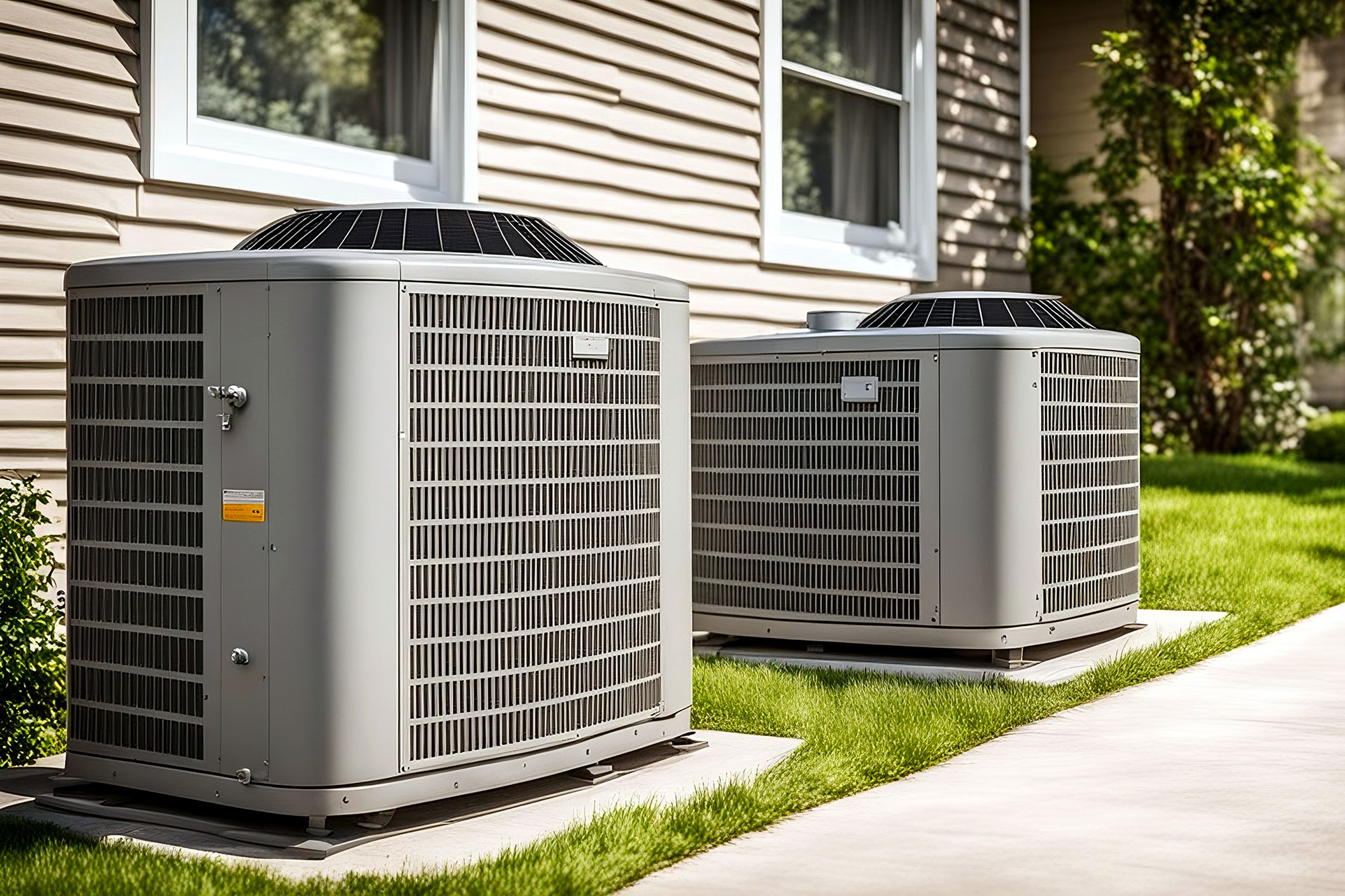Your HVAC system plays a crucial role in maintaining the comfort of your home, especially in areas with extreme temperatures. However, if your current system is struggling to keep up, you may be wondering whether it’s time to invest in a new one. While purchasing a new HVAC system is a significant expense, the benefits can often outweigh the costs. Here’s a guide to help you determine whether upgrading your HVAC system is the right move for your home.
Signs Your HVAC System Needs Replacement
Before making a decision, it’s important to recognize the warning signs that indicate your current system may be past its prime. Here are some key indicators:
1. Your System is Over 10-15 Years Old
Most HVAC systems have a lifespan of 10 to 15 years, depending on the brand, maintenance, and usage. If your system is nearing or past this age, it may be time to consider a replacement before it breaks down completely.
2. Frequent Repairs
Are you constantly calling an HVAC technician for repairs? If the cost of repairs is adding up, it might be more cost-effective to invest in a new, energy-efficient system instead of pouring money into an outdated unit.
3. Rising Energy Bills
Older HVAC units tend to lose efficiency over time, leading to higher energy costs. If your utility bills have been steadily increasing despite regular maintenance, a new system with higher energy efficiency ratings can help lower your monthly expenses.
4. Inconsistent Heating and Cooling
If some rooms in your home feel too hot while others remain too cold, your HVAC system may be struggling to distribute air properly. Upgrading to a modern system with advanced airflow control can help maintain consistent indoor comfort.
5. Strange Noises or Odors
Unusual sounds like banging, rattling, or squealing, along with musty or burning odors, can indicate serious problems within your HVAC unit. These signs shouldn’t be ignored and may warrant a system replacement.
Benefits of Investing in a New HVAC System
Upgrading to a new HVAC system isn’t just about avoiding breakdowns; it offers several advantages that improve your home’s efficiency and comfort.
1. Improved Energy Efficiency
Modern HVAC systems are designed to use less energy while providing superior performance. Many new units are ENERGY STAR® certified, meaning they meet high efficiency standards that reduce energy consumption and lower utility bills.
2. Enhanced Indoor Air Quality
New HVAC systems come equipped with advanced filtration technology that can reduce allergens, pollutants, and humidity levels in your home, leading to cleaner and healthier indoor air.
3. Smart Technology and Automation
Many newer HVAC systems integrate with smart thermostats, allowing you to control temperatures remotely, set schedules, and maximize energy savings without sacrificing comfort.
4. Better Reliability and Fewer Repairs
A new AC system means fewer unexpected breakdowns and costly emergency repairs. Plus, most manufacturers offer warranties that provide peace of mind for years to come.
5. Increased Home Value
If you plan to sell your home in the near future, an upgraded HVAC system can be a strong selling point, making your property more attractive to buyers looking for energy-efficient and well-maintained homes.
When to Make the Investment
If your HVAC system is still functioning relatively well, but you’re considering an upgrade for efficiency reasons, the best time to invest is during the off-season (spring or fall). HVAC companies often offer discounts or promotions during these periods, making installation more affordable.
However, if your system is already failing, delaying replacement could lead to more discomfort, higher repair costs, and inflated energy bills. If you’re experiencing multiple warning signs, it may be best to make the switch sooner rather than later.

